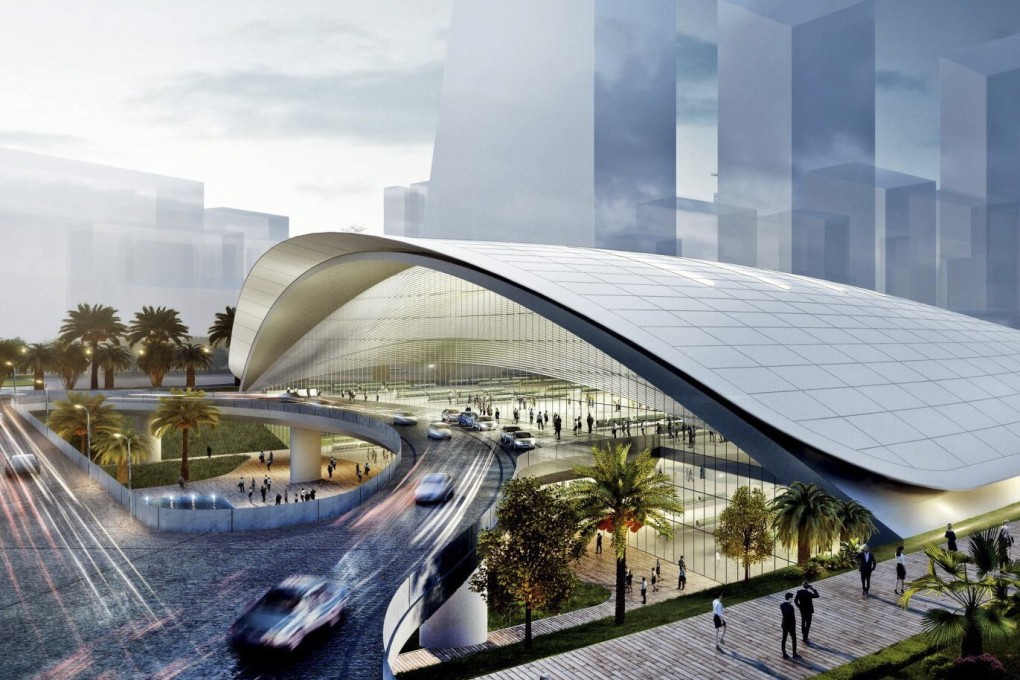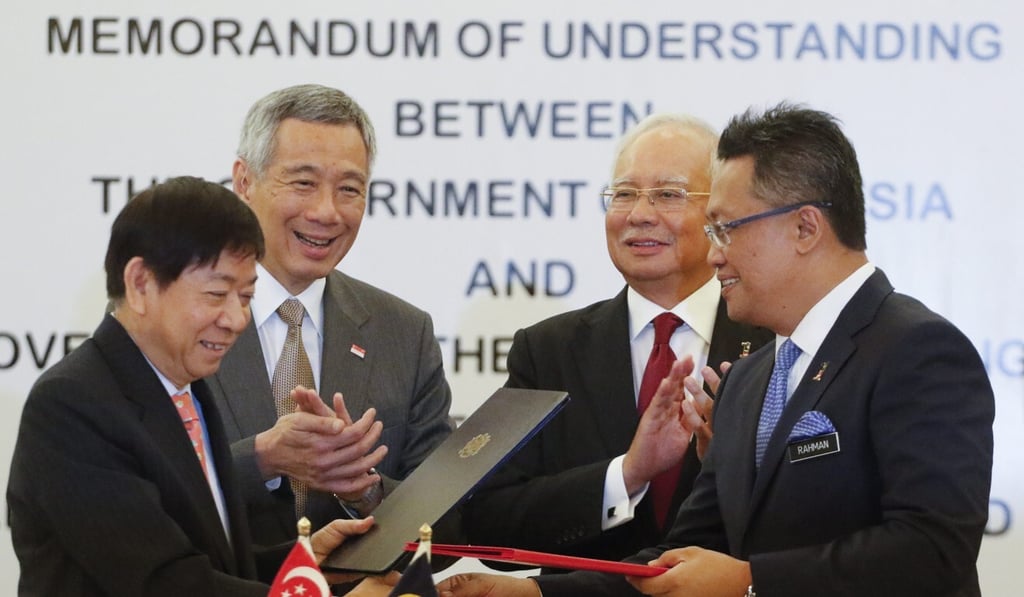Singapore says high-speed rail link with Malaysia tripped up by disagreement over ‘assets company’, seeks further compensation
- Transport Minister Ong Ye Kung said Malaysia did not want to appoint a firm that would operate the network and be accountable to both countries
- Ong had previously said that the assets company was the ‘centrepiece’ of the project and was needed to ensure the interests of both countries were met

Transport Minister Ong Ye Kung said during the first parliamentary sitting of the year that a “particularly significant change” – that Singapore could not agree with – was to remove from the project a so-called assets company that would construct, run and finance the 350km rail network and its systems. This company would be accountable to both sides.
Reuters had previously reported, quoting people close to the bidding process, that companies from China, Japan, South Korea and Europe had expressed interest in winning an international tender to supply the train system and manage the network‘s assets.
Although the two sides had agreed on a joint tender for the project, they ultimately never awarded a contract.
Ong said that to Singapore, the assets company was to be the “centrepiece” of the high-speed rail project, and that it was necessary “to ensure that the interests of both countries” would be protected and minimise “the possibility of future disagreements and disputes over the long duration of the project, lasting decades”.
Malaysian authorities did not officially comment on why they wanted the removal of the assets company from the project.
